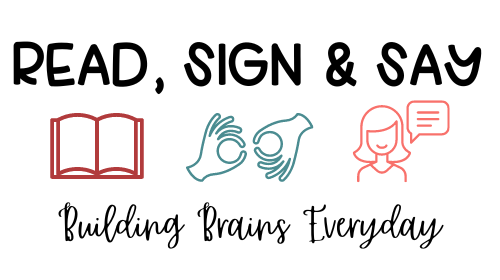The use of social media by parents can indeed have a negative impact on infant development.
Here are some ways in which this impact may occur:
Reduced Face-To-Face Interaction
Parents who spend excessive time on social media may inadvertently reduce their face-to-face interaction with their infants. Infants require consistent and meaningful interactions with their caregivers for healthy development. When parents are engrossed in social media, they may be less available to engage in important activities like talking, playing, and establishing eye contact with their infants.
Decreased Responsiveness
Social media can be highly distracting, and parents who are constantly checking their phones or engaging in online conversations may become less responsive to their infants’ needs. Infants rely on their caregivers for emotional support and nurturing, and when parents are preoccupied with social media, they may miss or delay responding to their infants’ cues, leading to feelings of neglect or insecurity.
Impaired Bonding
Bonding between parents and infants is crucial for healthy emotional development. Excessive social media use can interfere with the bonding process. When parents prioritize their online connections over their interactions with their infants, it can result in a lack of emotional connection and attachment. Infants need to feel secure and loved by their caregivers, and when this bond is compromised, it can affect their emotional well-being.

Inconsistent Routines and Reduced Quality Time
Social media can be highly addictive, and parents who are consumed by their online presence may neglect important routines and quality time with their infants. Regular routines, such as feeding, sleeping, and playing, provide stability and structure that infants rely on for their development. When parents are distracted by social media, these routines may become irregular or disrupted, which can impact an infant’s sense of security and overall development.
Modeling Unhealthy Media Habits
Infants learn by observing their parents and imitating their behavior. If parents consistently use social media in front of their infants, it can normalize excessive screen time and contribute to the development of unhealthy media habits. As infants grow older, they may imitate their parents’ behavior and become more susceptible to the negative effects of excessive screen time, such as delayed language development, decreased physical activity, and difficulties with attention span.
We must remember…
It is important for parents to be aware of the potential negative impact of excessive social media use and to find a balance between their online activities and their interactions with their infants.
How do we do this?
Setting boundaries, designating tech-free times, and prioritizing face-to-face engagement can help mitigate the negative effects and promote healthy infant brain development.

